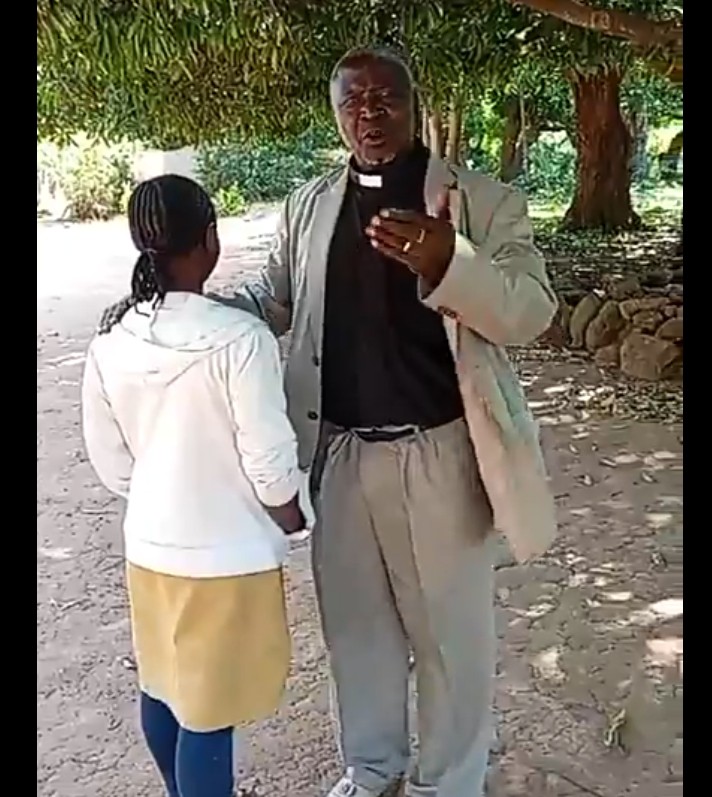A group of Muslims in Plateau State, Nigeria, has disputed claims of Christian genocide made by Rev. Ezekiel Dachomo, a cleric from the Church of Christ in Nations. The United Plateau Muslims (UPM) accused Rev. Dachomo of attempting to stir up sentiments against Muslims and secure international grants by portraying them as perpetrators of violence.
In a statement, the UPM cited instances of Christian militias attacking and killing Muslims in various communities, including the 2001 Jos riots, where over 290 Muslims were killed, and the 2004 Yelwa massacre, which resulted in the deaths of over 700 Muslims. The group also mentioned more recent incidents, such as the 2021 attack on a convoy of Muslim travelers, which left 22 people dead.
The UPM challenged Rev. Dachomo to provide evidence of the alleged Christian genocide, while also releasing their own documentation of Muslim victims. They questioned why Rev. Dachomo had failed to acknowledge the killing of Muslims in his public statements, suggesting that he was selectively presenting information to demonize Muslims and secure international sympathy.
The group’s coordinator, Alhaji Jafaar Abbas, and secretary general, Salisu Adamu, stated that Rev. Dachomo’s allegations were part of a larger narrative aimed at portraying Muslims as aggressors. They emphasized that both Muslims and Christians had been victims of violence in Plateau State and that it was essential to acknowledge the complexities of the conflict.
The UPM’s response comes amid ongoing tensions between Muslim and Christian communities in Plateau State, where clashes have resulted in significant loss of life and property. The group’s statement highlights the need for a more nuanced understanding of the conflict, one that acknowledges the suffering of all parties involved.
As the debate over the conflict in Plateau State continues, the UPM’s statement serves as a reminder that the situation is more complex than often portrayed. The group’s call for a more balanced approach to addressing the violence underscores the importance of considering the experiences of all communities affected by the conflict.
